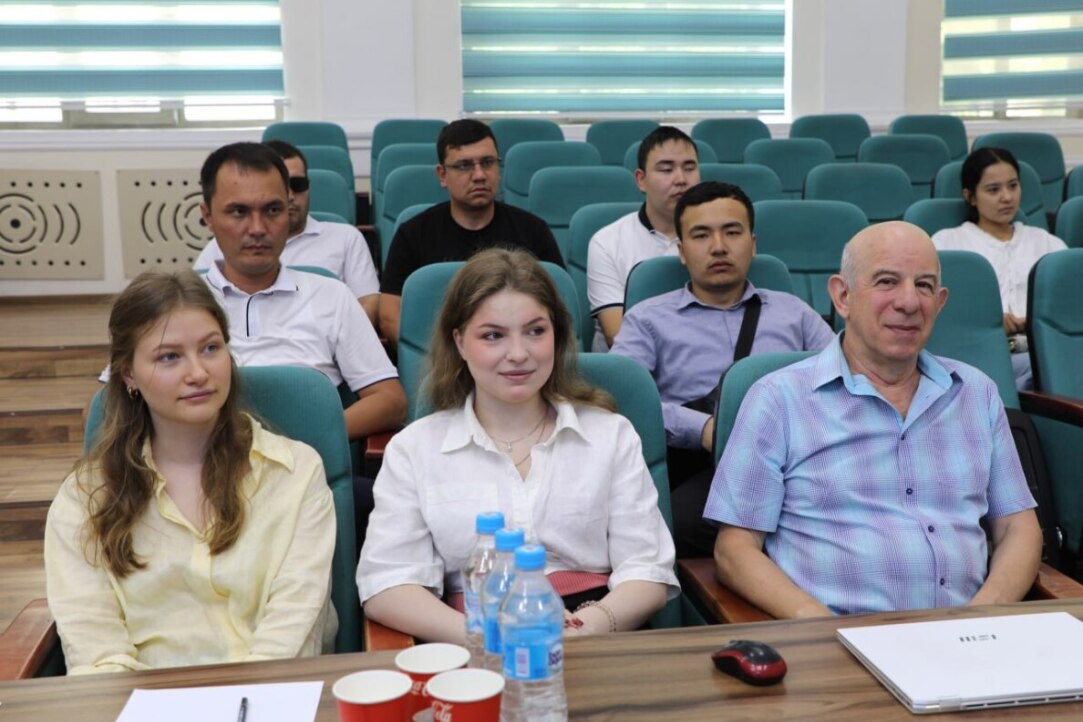
'Samarkand—St Petersburg': HSE University–St Petersburg and Samarkand State University to Design Digital Future of Cultural Heritage
Samarkand State University named after Sharof Rashidov hosted the international research and educational seminar 'Branding Cultural Heritage: Digital Tools and Design Practices.' The event gathered researchers and students from Russia and Uzbekistan—participants of a large-scale project of the mirror laboratory 'Integrated Platform Solutions for the Preservation and Promotion of Cultural Heritage (Cases of Samarkand and St Petersburg)'.
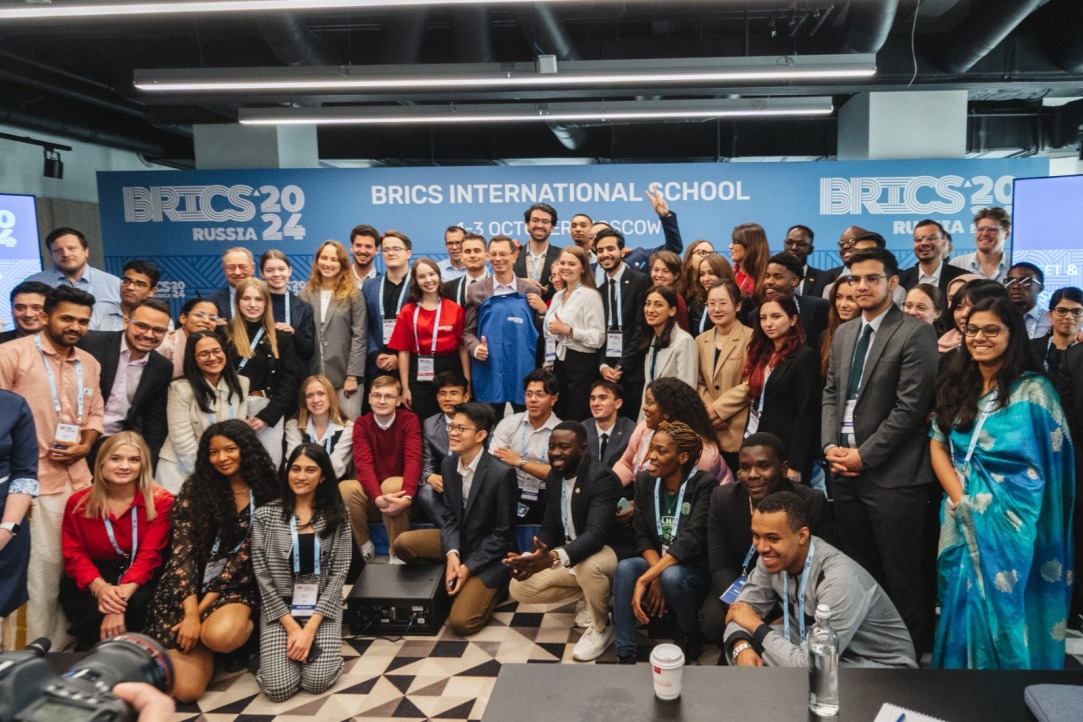
HSE University to Host BRICS International School: New Generation
Registration for the BRICS International School: New Generation, one of the leading international educational projects aimed at prospective leaders interested in the agenda of global development and cooperation within the framework of BRICS, has opened.

‘Here, Everyone Can Be Heard and Receive Feedback’
The Ronald F. Inglehart Laboratory for Comparative Social Research (LCSR) has been holding academic seminars for 15 years, bringing together scholars from various countries and offering early-career researchers a platform to present their work. Anna Almakaeva, Head of the Laboratory, spoke to the HSE News Service about how exchanging ideas contributes to academic work, what topics are discussed at the seminars, and the laboratory’s plans for the upcoming academic season.
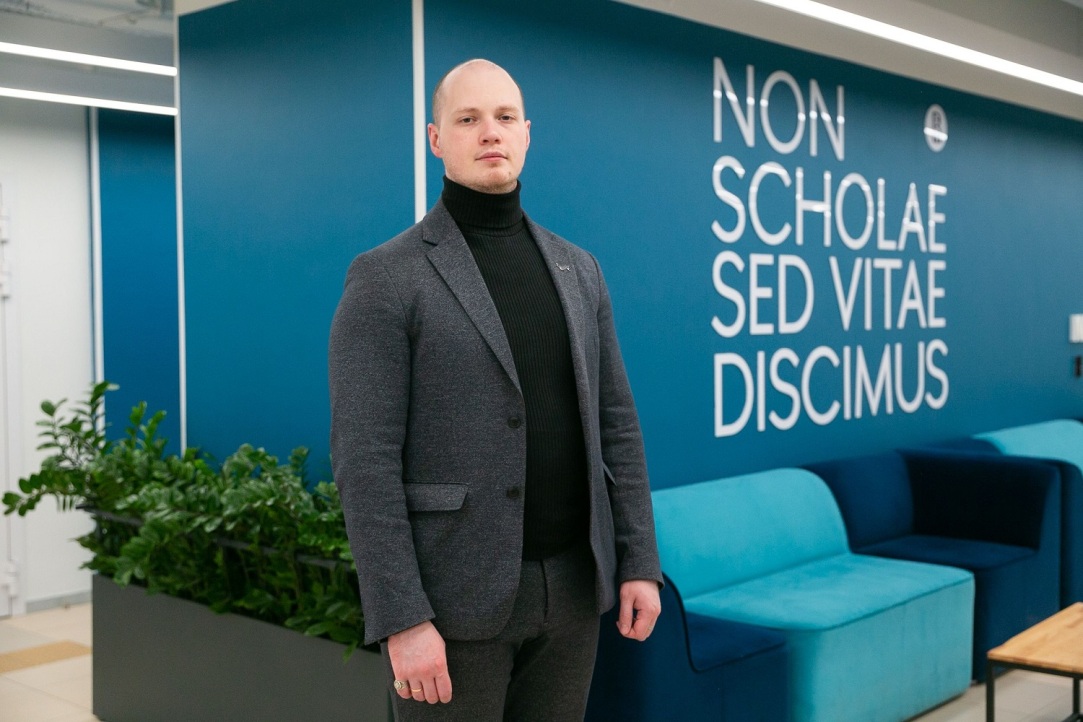
'Trust Is a Crucial Factor in the Development of a Digital Economy'
Eduard Tunkevichus enjoys working with data and learning new things, particularly innovative research and analysis methods. In this interview with the HSE Young Scientists project, he discusses the insights he gained while writing his dissertation, the difference between applied and academic research in marketing, and how AI helped him salvage his mandarin houseplant.
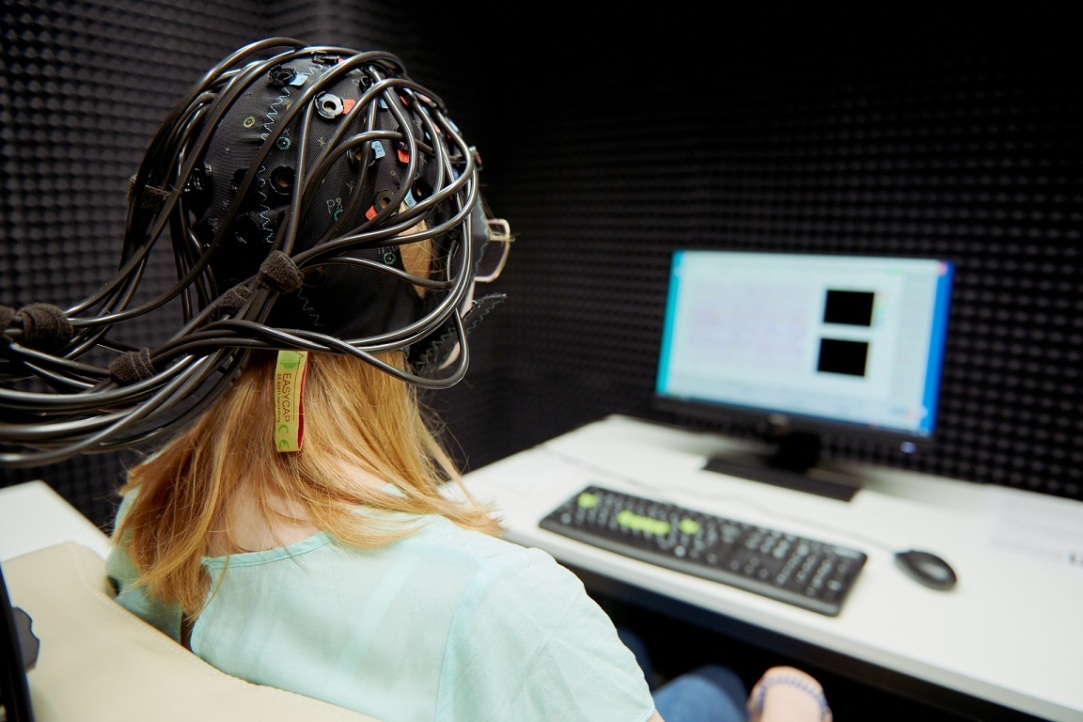
'We Are Now Nearing Practical Application of a Stimulus-Free Brain-Mapping System'
Neural interfaces developed by scientists at HSE University in collaboration with clinicians make it possible to communicate with the brain and decode its signals. The use of such interfaces opens up opportunities to stimulate brain activity, restore and normalise muscle control in patients who have suffered a stroke, heart attack, or other neurological disorders, and support the rehabilitation of individuals with traumatic brain injuries or limb loss. Alexey Ossadtchi, Director of the Centre for Bioelectric Interfaces at the HSE Institute for Cognitive Neuroscience, discusses the centre and its work.
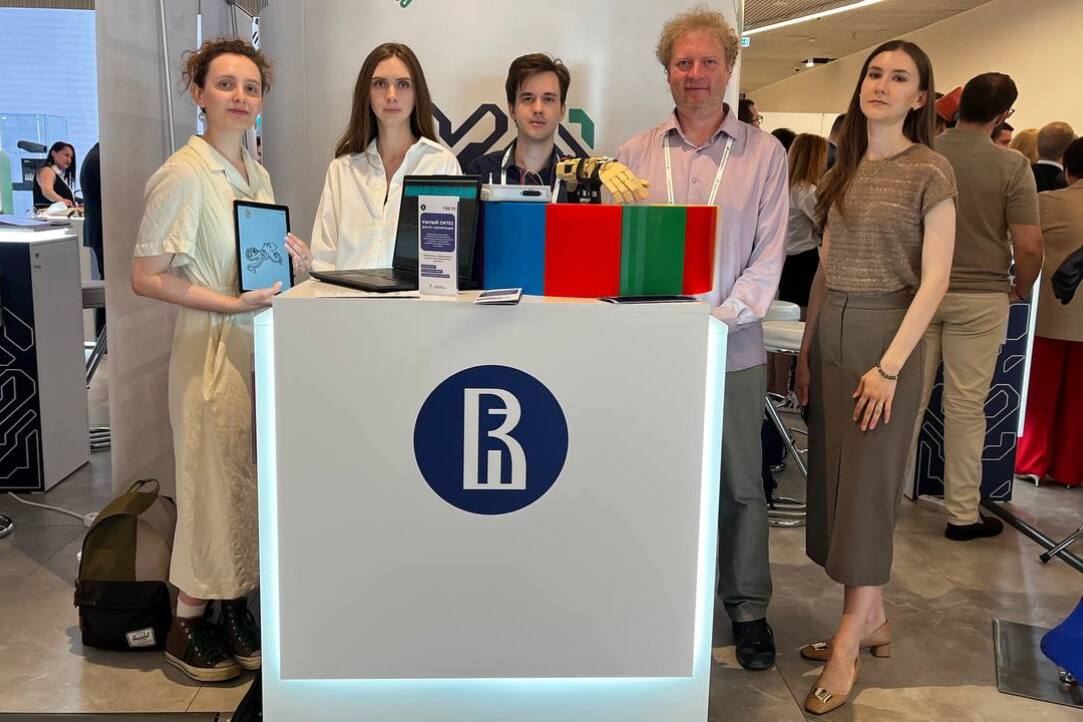
HSE University Presents Smart Orthosis at Hope for Technology Forum
On July 10–11, 2025, Moscow hosted the 10th Hope for Technology National Forum of the Rehabilitation Industry and Universal Design. The event was aimed at discussing innovative achievements in the rehabilitation industry. The MIEM Student Design Bureau and the HSE Institute for Cognitive Neuroscience presented a smart orthosis, which was developed at the request of orthopedists.

HSE Researchers Teach Neural Network to Distinguish Origins from Genetically Similar Populations
Researchers from the AI and Digital Science Institute, HSE Faculty of Computer Science, have proposed a new approach based on advanced machine learning techniques to determine a person’s genetic origin with high accuracy. This method uses graph neural networks, which make it possible to distinguish even very closely related populations.

HSE Economists Reveal the Secret to Strong Families
Researchers from the HSE Faculty of Economic Sciences have examined the key factors behind lasting marriages. The findings show that having children is the primary factor contributing to marital stability, while for couples without children, a greater income gap between spouses is associated with a stronger union. This is the conclusion reported in Applied Econometrics.

Experts Assess How BRICS Countries’ Education Systems Are Evolving
The BRICS Expert Council–Russia, based at HSE University and operating in collaboration with the HSE Institute of Education, has released an analytical report titled ‘The Transformation of General Education in BRICS Countries.’ The study explores how BRICS nations are addressing shared challenges, including equitable access to schooling, digital integration, support for inclusion, linguistic diversity, and intercultural dialogue.

Fifteen Minutes on Foot: How Post-Soviet Cities Manage Access to Essential Services
Researchers from HSE University and the Institute of Geography of the Russian Academy of Sciences analysed three major Russian cities to assess their alignment with the '15-minute city' concept—an urban design that ensures residents can easily access essential services and facilities within walking distance. Naberezhnye Chelny, where most residents live in Soviet-era microdistricts, demonstrated the highest levels of accessibility. In Krasnodar, fewer than half of residents can easily reach essential facilities on foot, and in Saratov, just over a third can. The article has been published in Regional Research of Russia.


Application deadline: June 23, 2025